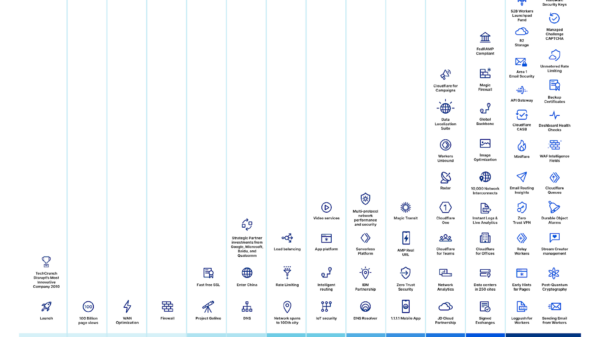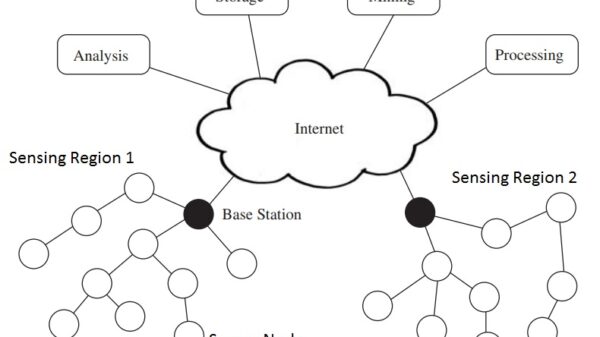The cost of network security varies depending on the size and complexity of your network, the level of security you need, and the type of security solutions you choose. However, in general, network security can be a significant expense.
Here are some of the factors that can affect the cost of network security:
- The size and complexity of your network. The larger and more complex your network, the more expensive it will be to secure. This is because you will need to implement more security measures to protect all of your devices and data.
- The level of security you need. If you need to protect sensitive data, such as financial information or customer records, you will need to implement more stringent security measures. This will increase the cost of your security solution.
- The type of security solutions you choose. There are a variety of security solutions available, each with its own cost. You will need to choose the solutions that are right for your needs and budget.
The cost of network security can be a deterrent for some businesses, but it is important to remember that the cost of a security breach can be much higher. In 2021, the average cost of a data breach was $4.24 million. This includes the cost of detection and remediation, lost business, and legal fees.
In addition to the financial costs, a data breach can also damage your reputation and make it difficult to attract new customers and partners. For these reasons, it is important to invest in network security, even if it is a significant expense.
Here are some of the benefits of investing in network security:
- Protect your data from unauthorized access. Network security can help to protect your data from unauthorized access, both inside and outside of your organization. This can help to prevent data breaches, which can cost your business millions of dollars.
- Prevent malware and ransomware attacks. Network security can help to prevent malware and ransomware attacks, which can disrupt your business and damage your reputation.
- Meet regulatory requirements. Many industries, such as healthcare and finance, are subject to strict data security regulations. Network security can help you to meet these regulations and avoid costly fines.
If you are considering investing in network security, there are a few things you should keep in mind:
- Start with a risk assessment. The first step is to conduct a risk assessment to identify your specific security needs. This will help you to determine the type and level of security solutions that are right for your business.
- Implement a layered security approach. A layered security approach is the best way to protect your network. This means implementing a variety of security measures, such as firewalls, intrusion detection systems, and data encryption.
- Keep your security solutions up to date. Security threats are constantly evolving, so it is important to keep your security solutions up to date. This will help to ensure that your network is protected from the latest threats.
Investing in network security is an important step in protecting your business from cyber threats. By following the tips above, you can choose the right security solutions and implement a layered security approach to protect your network.

















